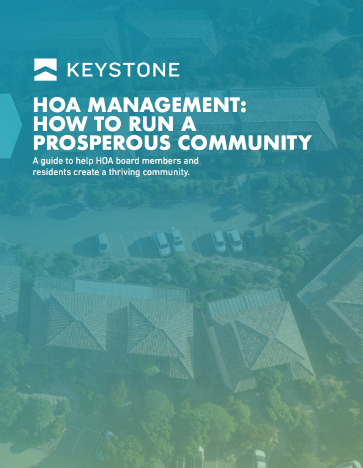Tell us more about you.
We’ll get you to the right place.
HOA has become a dirty word.
We believe it's time for change.
Keystone is changing the game in HOA management by empowering communities to re-connect. We do this through community managers who actually care and intuitive HOA management tools that fit into your fast-paced life.
We’re all about people
who are all about you. We’re all about people
who are all about you.
Great people solve problems before you know they are there, get you what you need in real time and re-connect you to where you live.

Keystone Spotlight
Danielle Salinas
“It’s very rewarding to know that the 110-point transition checklist that I created and implemented helps to successfully transition new community associations to Keystone, setting both the community manager and the board of directors up for success."
Area of Expertise
Community Management & New Account Transitions
Keystone Team Member Since
2014
HOW TO SPOT
Her keen eye for detail, mad organizational skills, and servant leadership
We’re about tools that
make your life easier.
The reviews are in...
Do HOA better.
Have a question? Need more info? Just wanna say hi? We’re a friendly crew, always here to help!

